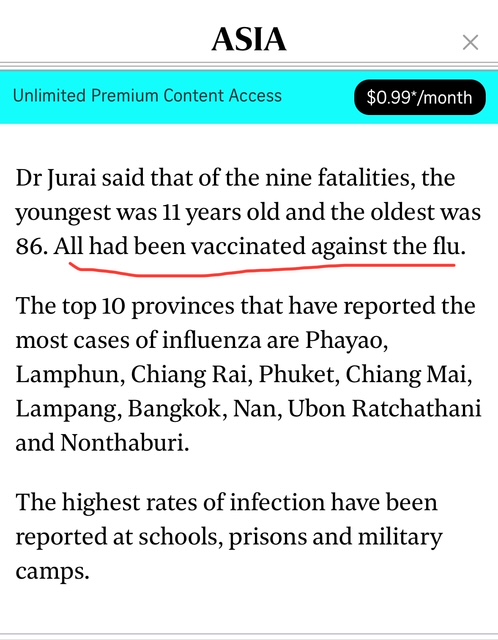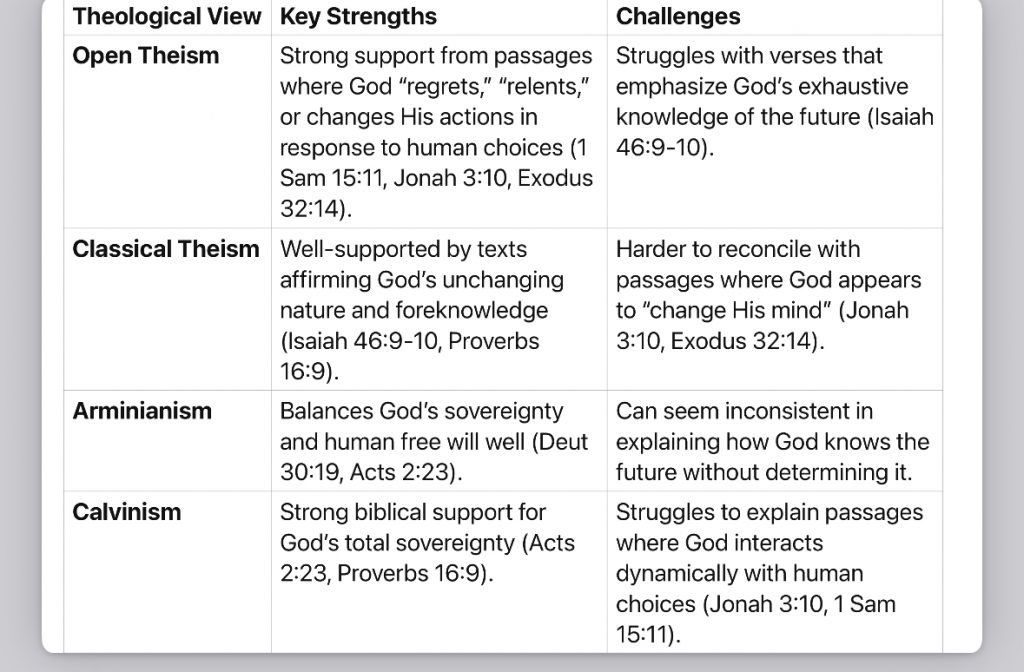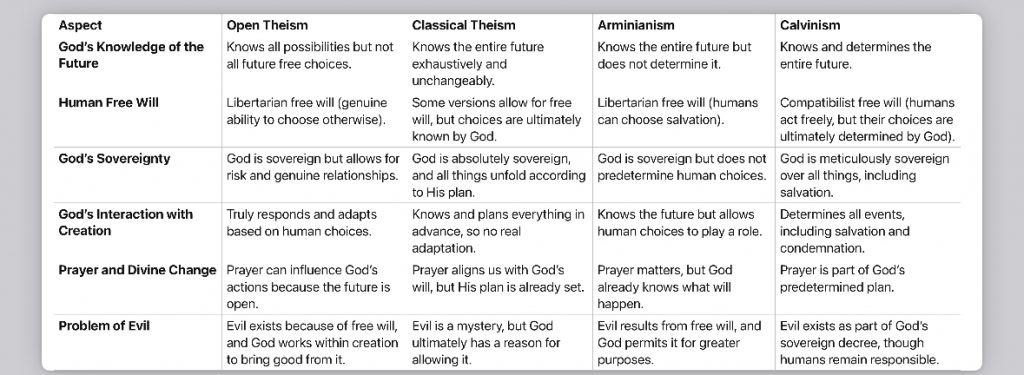When it was announced that the covid 19 mRNA vaccines were ready in early 2021, we were convinced by the authorities that the efficacy of these mRNA vaccines was 95%. The clinical trials of Pfizer were conducted this way. 2 groups of 20,000 volunteers participated with one group vaccinated while the other did not. 8 and 162 persons were infected from the vaccinated group and the non vaccinated group respectively.
Efficacy of the vaccine = 1 – 8/162 x 100 = 95%
Out of caution, I hesitated to take the vaccination till 50% of the nation’s population was fully vaccinated as announced by the authorities in their official website. The cumulative figures of infection in that week were :
Fully vaccinated (2 jabs) : 412 out of 2.5 million
Partially vaccinated (1 jab) : 283 out of 0.5 million
Non vaccinated : 253 out of 2.0 million
Looking squarely at the above statistical data, it was very strange that the partially vaccinated had the highest percentage of infection among the three groups. If we leave out the partially vaccinated figures, using the above formula in calculating the efficacy of the vaccine,
Efficacy = 1 – 412 /253 x 100 = – 63%
That was a red flag for me. Instead of even getting zero efficacy, the actual efficacy was negative 63% implying that the vaccinated was more likely to spread the disease. Later, the authorities changed their narrative that the vaccine did not prevent transmission but protect against hospitalization and death. It would be too far-fetched or bizzare for me to believe that the vaccine, which could not prevent the first line of defense against transmission, but could prevent the second or third line of defense of hospitalization and death. Since the population was over 90% vaccinated, there was no control group for comparison to make such assumption.
Later, the authorities informed that the killed virus vaccine such as the China made vaccines were inferior to the Pfizer mRNA vaccine. That defied common sense again. How could the killed virus vaccine, which presented the whole real virus but killed as not to cause disease, be inferior to the mRNA vaccine, which was only producing one spike protein of the virus ? Won’t a person’s immune system trained by the killed real virus vaccine recognize the same real virus better when he is exposed to the real virus than trained by the simulated single spike protein vaccine bearing no semblance to the real virus ? The authorities also informed that natural immunity was inferior. That was also bizzare for me. It is like someone who has actually won a real fight against the enemy, and will he not better trained in future fights against the same enemy than just learning to fight in a simulated situation ? Some 9000, who suffered severe side effects from the first mRNA vaccine jab since rollout, were told by the authorities to complete. their vaccination regimen by taking the Sinovac killed virus vaccine. Was it not telling us that the killed virus vaccine was safer ?
Fast forward to 19 Feb 2025 when the Straits Times newspaper reported that 100,000 people in Thailand were infected with flu since the start of 2025 and there was 9 fatalities which all 9 fatalities were vaccinated.
Due to the kiasu nature of the Singapore population, 32% were vaccinated upon learning of the death of a very famous Taiwanese actress Barbie Hsu due to pneumonia. I could safely assume that the Thailand population had lower vaccination rates below 20%. Common sense interpreting the above data should tell us that the flu vaccine was not only not effective but might possibly weaken the immune system where all the deaths came from the very small vaccinated percentage. (Does not this statistics cast doubt on the earlier premise that mRNA vaccine does not prevent transmission but does prevent death ?)






